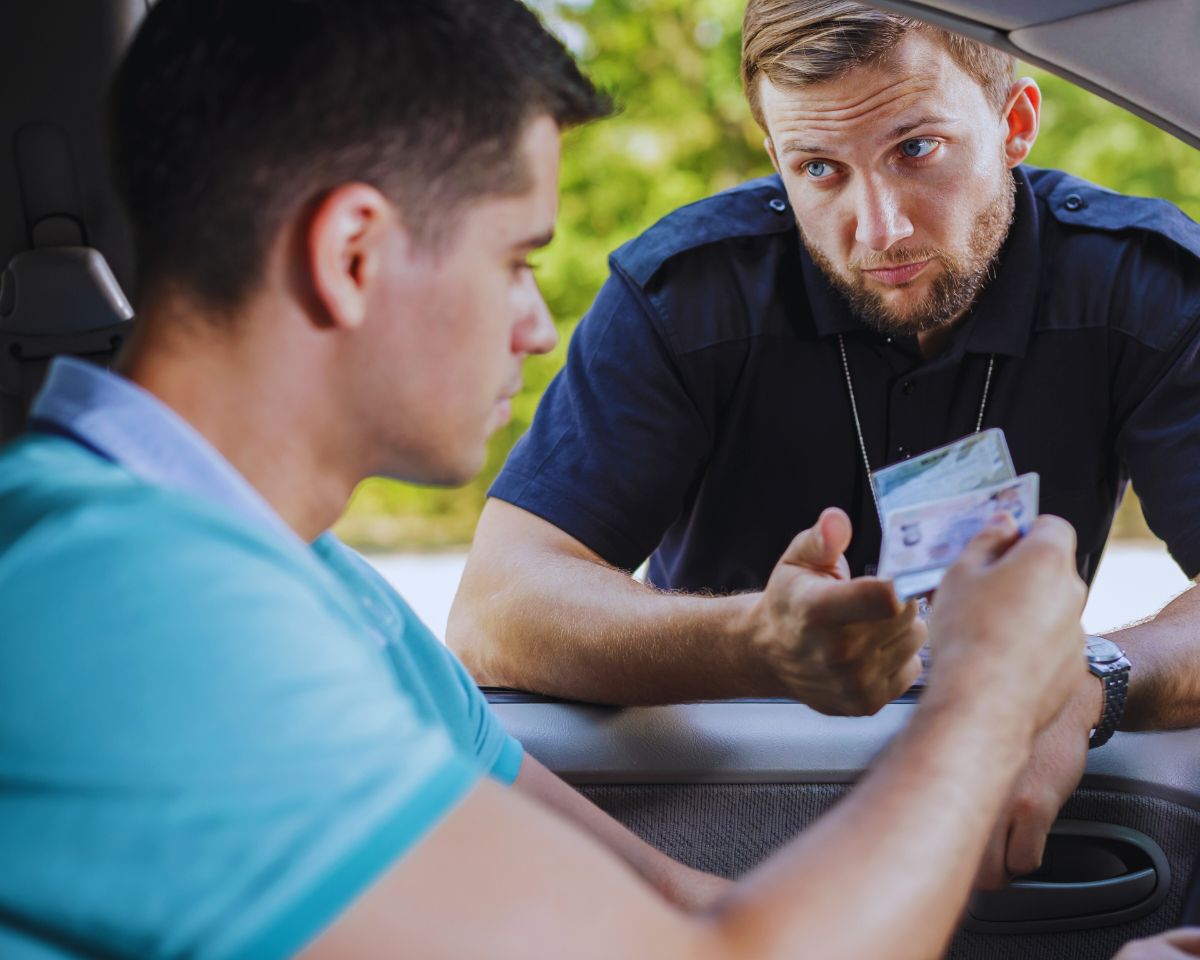In California, driving on a suspended license is a serious offense with legal and financial consequences. Under California Vehicle Code § 14601.1(a), it is illegal to drive a motor vehicle when your driver’s license has been suspended or revoked due to specific reasons such as a DUI conviction, unpaid tickets, or other violations.
This section of the Vehicle Code outlines the penalties and circumstances under which driving on a suspended license is prohibited, and understanding the law can help individuals avoid further legal trouble.
What is Section 14601.1(a) VC?
California Vehicle Code § 14601.1(a) makes it unlawful for any person to operate a motor vehicle while their driver’s license is suspended or revoked. This law applies to individuals whose licenses have been suspended for reasons like driving under the influence (DUI), accumulating too many points on their driving record, or failing to pay fines.
Key Points of California Vehicle Code § 14601.1(a) VC
License Suspension/Revocation:
Your driver’s license can be suspended or revoked for various reasons, including:DUI or driving under the influence of drugs or alcohol.
Accumulating too many points on your driving record due to traffic violations.
Failing to pay traffic fines or child support.
Violating the conditions of a probationary driver’s license.
Criminal Offense:
Under § 14601.1(a), it is a misdemeanor offense if you drive while your license is suspended or revoked, and you are caught by law enforcement. This means that if convicted, you may face criminal charges, which could result in fines, imprisonment, or both.Penalties for Violating § 14601.1(a): The penalties for driving with a suspended license depend on the reason your license was suspended or revoked:
First Offense:
Fine of up to $1,000.
Jail time of up to six months.
Second or Subsequent Offenses:
Increased fines and jail time.
Repeat offenders may face enhanced penalties if they continue to drive with a suspended or revoked license.
Note: The penalties for driving with a suspended license are more severe if the suspension was due to DUI-related offenses or if there are aggravating factors, such as prior convictions.
Court Discretion:
The court has discretion to issue penalties depending on the circumstances of the case. The penalties may also be influenced by whether you were involved in any accidents or if you were driving under the influence at the time.
Possible Defenses to a Driving on Suspended License Charge
While driving on a suspended license is a serious charge, there are potential defenses that a person may use to avoid conviction or reduce the penalties. Some common defenses include:
You Didn’t Know Your License Was Suspended:
If you were not notified by the DMV of your license suspension or revocation, you may not have been aware that you were legally prohibited from driving.Mistaken Identity:
If the police mistakenly identified you as the driver or you were not the one behind the wheel, you may have a valid defense.License Suspension Was Wrongfully Imposed:
In cases where you can prove the suspension was issued in error, you may be able to fight the charges. For instance, if you were not properly informed or if your suspension was the result of a clerical error, the charges may be dropped.
License Reinstatement
After a suspension or revocation, you may be eligible to reinstate your license, but certain conditions must be met. These typically include:
Completing any required DUI education programs.
Paying any fines or fees associated with the suspension.
Completing community service or other court-mandated conditions.
Passing a driving test if required.
It’s important to check with the California Department of Motor Vehicles (DMV) for specific requirements to reinstate your driver’s license.
Alternative Solutions: Restricted Licenses
In some cases, California law allows individuals with suspended licenses to apply for a restricted license. A restricted license allows you to drive for specific purposes, such as going to work or school, while your full driving privileges are still revoked. You may be eligible for a restricted license if:
Your suspension was due to a DUI conviction.
You are in good standing with the court and DMV.
You meet the required conditions, such as attending a DUI program or installing an ignition interlock device (IID) in your vehicle.
The Importance of Complying with Suspension Orders
Driving while your license is suspended or revoked not only puts you at risk of facing legal consequences but can also worsen your situation. For example, getting caught driving on a suspended license while already having multiple offenses can result in:
Longer suspension periods.
Increased fines and penalties.
The possibility of facing felony charges in certain cases, such as repeat offenders or those who have been involved in serious accidents.
Conclusion
California Vehicle Code § 14601.1(a) serves as a reminder of the serious consequences that come with driving on a suspended or revoked license. Understanding the reasons behind a suspension, the penalties for violating this law, and potential defenses can help individuals navigate the complexities of dealing with a suspended license. To avoid the severe penalties associated with this offense, it’s crucial to follow all the necessary steps to reinstate your license and refrain from driving until it has been legally restored.
If you have been charged with driving on a suspended license, it’s advisable to consult with a qualified attorney to explore your options, whether it’s challenging the suspension or negotiating a reduced sentence.





